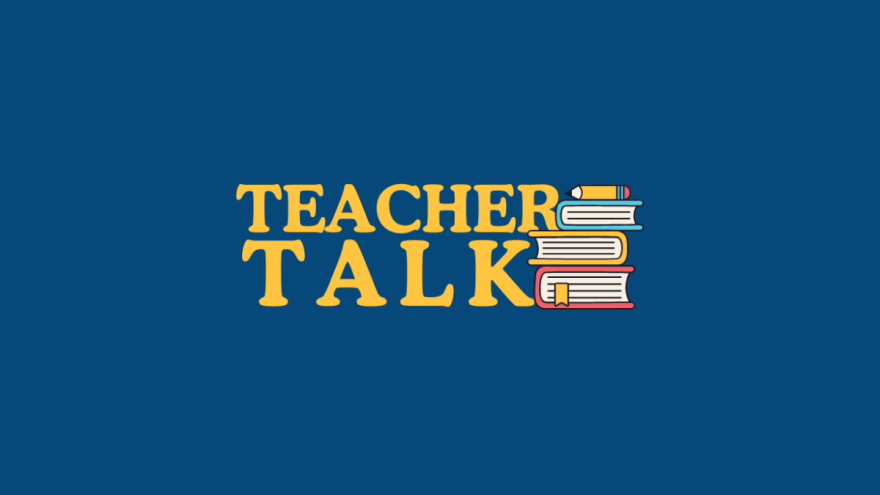Hopefully, now that folks have had a chance to read and listen to Teacher Talk, they might be considering the field of education. As we said in our first blog, teaching is a great profession! And while there are certainly challenges that exist in our current climate, I think infusing the system with new perspectives and ideas is one of the ways we can continue to move forward. If you are interested in becoming a teacher, or know someone who is, this blog is the 411 on everything you need to know.
Teachers need at least a Bachelor's degree.
Teachers must have a bachelor’s degree to meet the South Dakota and national requirements for highly qualified teachers. When exploring different universities to attend, it’s important to know what type of teacher you want to be so that you earn the right degree. Here are the general program options for bachelor’s degrees in education:
Bachelor of Science in Elementary Education (B.S.Ed.): This program is designed to equip you for a career as a teacher in grades K-8. It usually includes classroom field experiences, fostering hands-on learning opportunities. You’ll take classes in teaching methods, integrated literacy practices, teaching technologies, and content subject areas.
Bachelor of Science in Secondary Education (B.S.Ed.): Pursuing a degree in secondary education requires a concentration in your preferred academic field (art, biology, chemistry, communication studies, English, history, mathematics, music, physical education, or second language). You’ll take specialized classes in your content area as well as teaching methods courses to become a middle or high school teacher.
Bachelor of Science in Special Education (B.S.Ed.): A degree in Special Education can certify you to teach students with special needs and exceptionalities in K-12. Coursework generally includes behavior management, assessment and identification in special education, and inclusive methods for diverse populations.
You can go back to school to become a teacher.
If you already have a bachelor’s degree, but have always wanted to teach, that is an option! Universities have Master’s + Initial Certification degree programs, which allow you to earn a Master’s degree and obtain the necessary courses to obtain a teaching license. For elementary and special education Master’s programs, you can have a bachelor’s degree in any discipline. For secondary, however, your bachelor’s degree must be in a content/subject area that is taught in middle and high schools (art, biology, chemistry, communication studies, English, history, mathematics, music, physical education, or second language). South Dakota also offers alternative certification options for general education teachers, Career & Technical Education (CTE) teachers, Teach for America, and Special Education teachers.
Teachers must obtain and maintain a teaching license.
The South Dakota Department of Education approves all teachers through the certification process. In addition to obtaining a Bachelor’s or Master’s degree, teachers need to pass Praxis exams in order to become certified. They also need to take a suicide awareness training and a South Dakota Indian Studies course (included in the curriculum of all South Dakota university teacher preparation programs). Teachers must recertify their teaching license regularly, by taking professional development and continuing education courses. For more information on teacher certification in South Dakota, visit: https://doe.sd.gov/certification/teachers.aspx
There are support staff positions available for non-teachers.
If you are considering becoming a teacher, but aren’t ready to commit, there are many positions within the school that do not require a degree. You could work as a paraprofessional, teacher’s aid, educational assistant, chef/cook, administrative assistant, bus driver, substitute teacher, translator, and more. All of these positions are essential to the success of the school, and many districts are hiring for these positions right now. Working in a school district is a great experience, and it would give you more understanding of what it takes to be a teacher.


